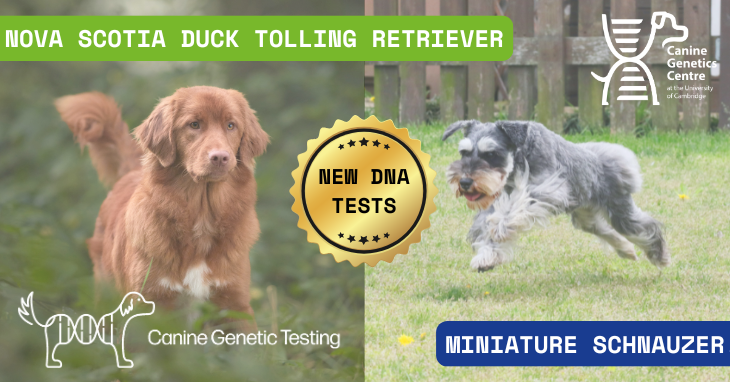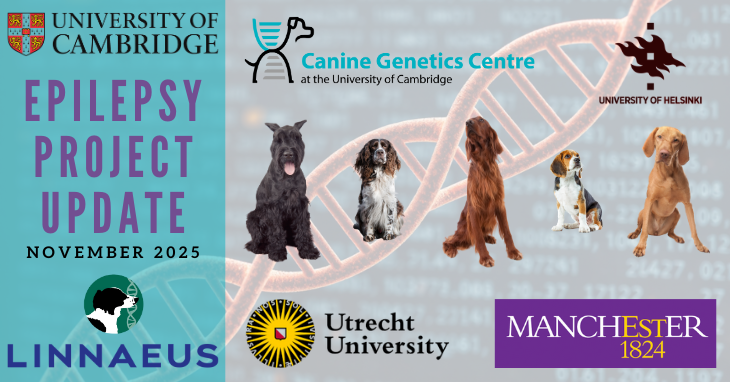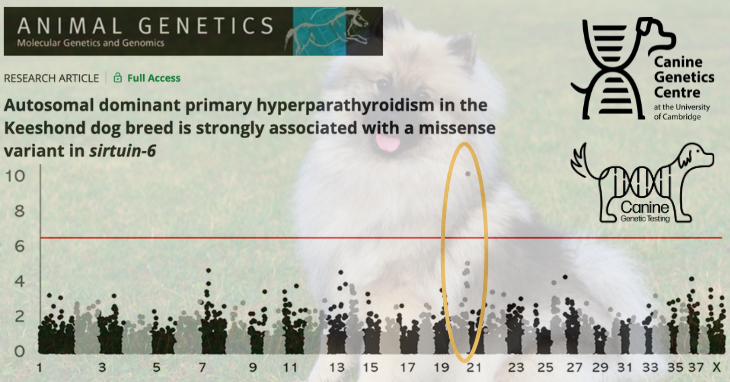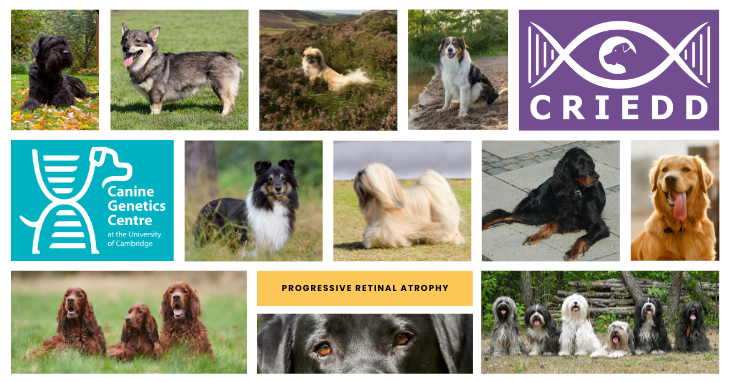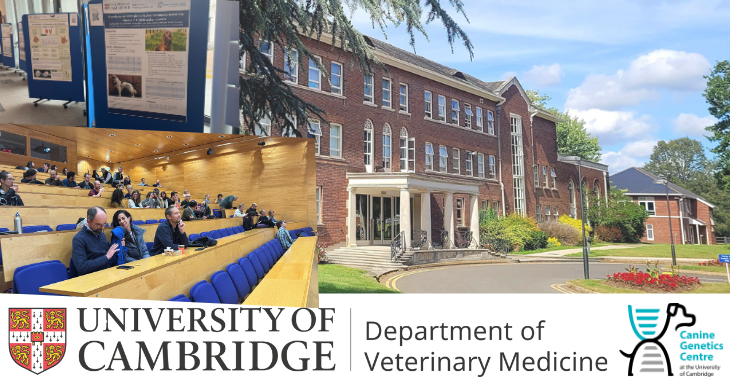
Scientific research is all about discovering new things and then sharing those ideas with others! The field of companion animal genetic health research is small but incredibly supportive, and last week we held our own “Companion Animal Genetic Health (CAGH)” conference in Cambridge, where we welcomed scientists from the UK, mainland Europe and even the USA. Continue reading

